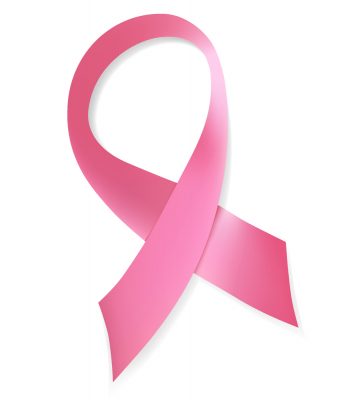
A cancer diagnosis will inevitably bring with it a mixed bag of emotions; from the initial shock through to the more complicated and sometimes unexpected reactions. These can include tearfulness, hopelessness, anger, anxiety, problems with sleep and panic. In addition to these, you may suffer spiritual doubts and confusion, changes in personality and relationship problems, just to name a few.
Whether you’re personally coping with a cancer diagnosis or you’re supporting a loved one through theirs, the emotional weight can feel overwhelming. Many people find themselves unable to grapple with the concept of “I have cancer and I’m scared”, while others are unsure of how to deal with the cancer diagnosis of a loved one without falling apart themselves.
These emotional problems are not just unpleasant, they may also influence the degree to which your cancer responds to treatment. Scientific research has shown that emotional distress can magnify the symptoms of cancer, or chemotherapy side-effects. There is also scientific evidence suggesting that emotional distress restricts the way your immune system functions – and you will need your immune system to be at its best in order to fight off the cancer.
How We Can Help
While it is common to have a range of emotional reactions to cancer, including fear of cancer recurring or worsening, taking a holistic approach to maximising your wellbeing would involve seeing a trained Clinical Psychologist. This can help you learn simple strategies like relaxation or meditation skills, and you can also uncover any unhelpful thought patterns that can surface when we are faced with fearful life events like cancer. By learning how to channel more positive thoughts, this may also help you strengthen your mind and heal your body.
Clinical support can be particularly helpful when you’re trying to figure out how to deal with a cancer diagnosis, both emotionally and practically. It’s also a crucial step in dealing with cancer in the family, as loved ones often experience their own stress, anxiety and feelings of helplessness. All of these strategies not only help improve your mood, but they have been shown to reduce the side-effects of chemotherapy, and boost your immune system. What a literally life-changing experience this could be!
Ready to get started?
- Stressed?
- Worried?
- Low mood?
- Personality changes?
- Relationship problems?
If you have answered ‘yes’ to any of these questions, then it may be helpful to talk to a professional who understands these reactions and can help identify the steps needed to move you forward and heal your life. Book an appointment today.
